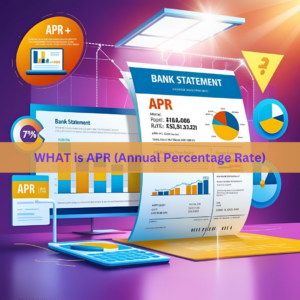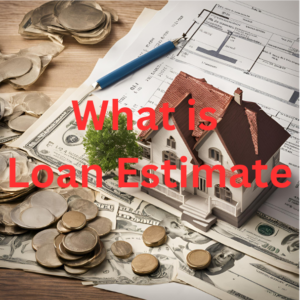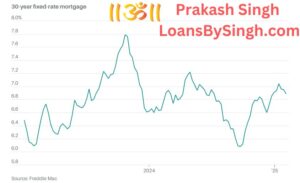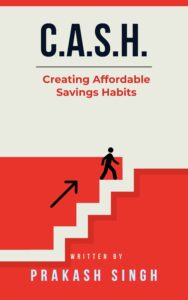When you’re thinking about buying a home, the excitement can be overwhelming. But before you start browsing listings and imagining your dream kitchen, there’s an important first step that many homebuyers overlook: getting mortgage pre-approval.
Why Mortgage Pre-Approval Matters
Pre-approval is the process where a lender evaluates your financial situation and determines how much money they are willing to lend you for a home purchase. It’s more than just a quick estimate of your budget; it’s a detailed look into your financial health and gives you a clear idea of what homes are within your reach.
Here’s why securing a pre-approval should be the first step in your home-buying journey:
- It Shows Sellers You’re Serious
In today’s competitive housing market, sellers want to know that buyers are serious and financially prepared. A pre-approval letter from a lender shows that you have already taken the time to assess your finances, and you’re in a position to move forward quickly. This could give you a significant advantage over other buyers who haven’t gone through the process yet.
- It Helps You Understand Your Budget
There’s nothing worse than falling in love with a house only to find out you can’t afford it. With a pre-approval, you’ll know exactly how much a lender is willing to lend you based on your financial profile. This helps narrow your home search to properties within your budget, saving time and avoiding heartache.
- It Streamlines the Process Later
Having a pre-approval in place makes the rest of the mortgage process smoother and faster. Sellers and real estate agents may prioritize working with buyers who are already pre-approved, knowing it’s one less hurdle to jump over when it comes time to close the deal.
What Lenders Look For in a Pre-Approval Application
Mortgage pre-approval isn’t just a rubber stamp—it’s based on a careful evaluation of your financial situation. Here are the key factors that lenders will consider during the pre-approval process:
- Credit Score
Your credit score plays a big role in determining your eligibility for a mortgage. Lenders use your credit score to gauge your ability to repay debt. The higher your score, the more favorable terms you’re likely to receive. A score of 740 or higher generally qualifies you for the best interest rates, while lower scores may result in higher rates or even rejection of the loan.
- Income Verification
Lenders want to ensure you have a stable and sufficient income to make mortgage payments. During pre-approval, you’ll need to provide proof of income, which could include recent pay stubs, tax returns, and possibly W-2 or 1099 forms. Self-employed individuals may need to provide additional documentation, such as profit-and-loss statements.
- Debt-to-Income Ratio (DTI)
Your debt-to-income ratio is another critical factor. This is the percentage of your monthly income that goes toward paying off debts, including your new mortgage, car loans, student loans, and credit card payments. Lenders typically look for a DTI ratio of 36% or lower, although some may allow up to 43%. A high DTI could signal that you’re overextended financially, which could make it harder to secure a mortgage.
- Down Payment
While the pre-approval process itself doesn’t require you to have your down payment in place, lenders will take it into account when determining your loan amount. A larger down payment can reduce your loan amount and may make you a more attractive candidate to lenders, especially if you’re competing in a multiple-offer situation.
How Pre-Approval Can Give You a Competitive Edge
In a hot real estate market, homes can sell quickly—sometimes within days or even hours of listing. If you wait until you’ve found the perfect home to get pre-approved, you could miss out on an opportunity. Sellers are more likely to entertain offers from buyers who are already pre-approved, as it means there’s less risk that the deal will fall through due to financing issues.
Pre-approval can also give you the confidence to make an offer without second-guessing your budget. You’ll know exactly what you can afford and won’t waste time on properties that are out of your price range. Plus, some sellers might even offer concessions or work with you more closely if they know you’re already pre-approved.
Conclusion
Getting pre-approved for a mortgage is a crucial first step in your home-buying journey. It not only helps you understand your budget but also puts you in a stronger position when making an offer. By providing lenders with necessary documentation, they will assess your financial health based on your credit score, income, and debt-to-income ratio. With pre-approval in hand, you’ll have a competitive edge over other buyers, ensuring you’re ready to act quickly when you find the home of your dreams.
So, before you start house hunting, take the time to get pre-approved. It’s an investment in your home-buying success.














